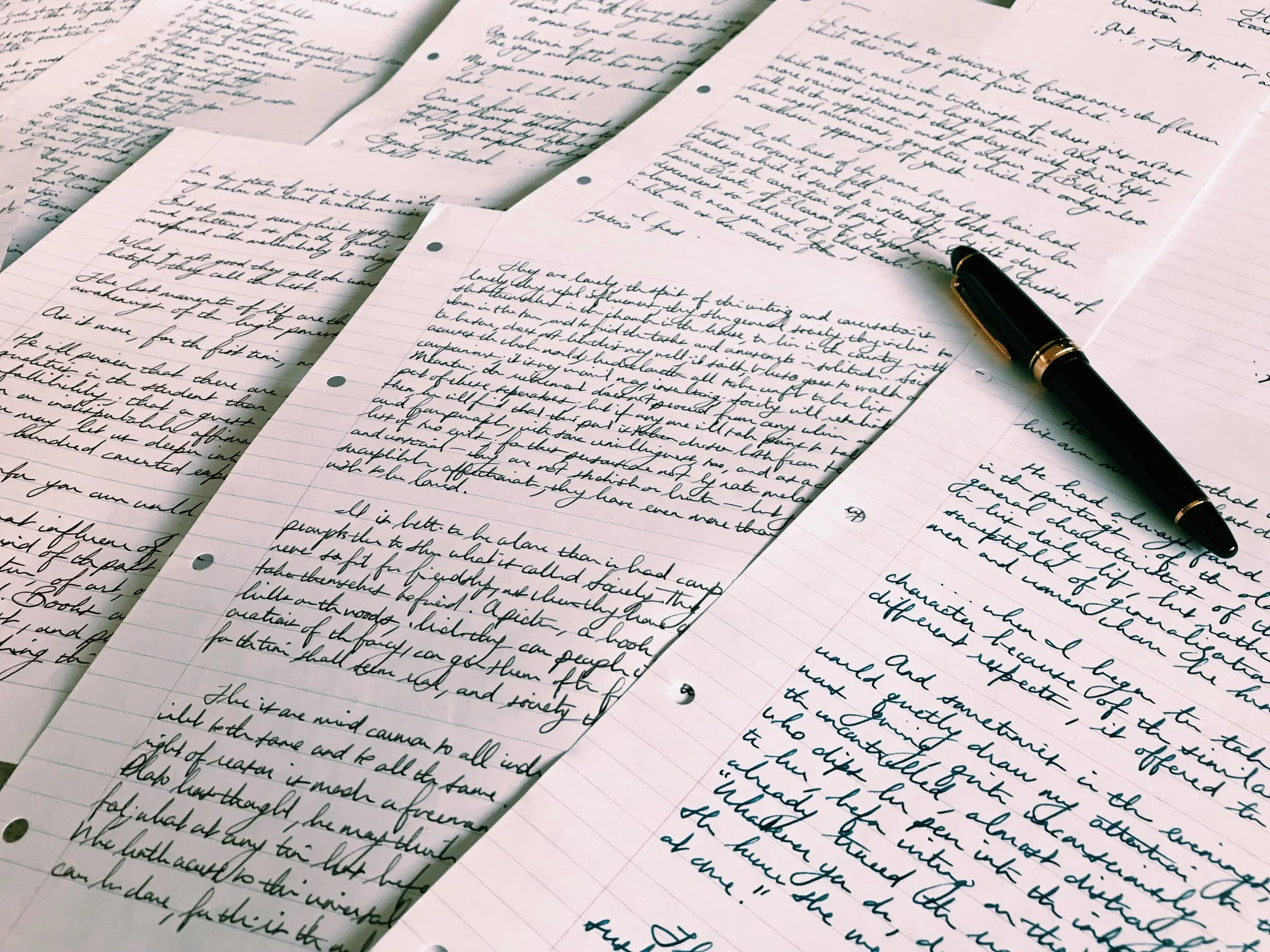Review: Robert Burton - The Anatomy of Melancholy
For others it will be pleasurably difficult beyond all measure. For myself, it was mental rest. Mine was the kind of reading which is often described as “letting the prose just flow over you.” My reading was one of phrases, quotations, lists, words, names, daydreams, and melancholy, but not of sentences. No question that my reading was not a close reading. One need not analyze a friend to death with every conversation. Just listen. Just dance.
Perhaps you've found out some information about this work and it has piqued your interest, or maybe you're looking for a reason to read it . . .
I think the first paragraph-proper of Nathan's review accurately describes the type of person who would enjoy this work:
They are melancholic. They are erudite. They revel in learning. They know that the world is their books. They can step out of their 21st century vanity and return to a 17th text and feel at home. They know that science changed but did not advance with Sir Bacon (side of eggs, please). They know that Burton will feel more modern and kin-like than what is passed off as the Latest Thing today. They will understand that our neuronal superstitions today are no advancement over the theory of humours. They will, in all likelihood, be brimming with black bile. They will be readers who will nevernever find too many words between the covers of a book.
But if that doesn't sound like you, then perhaps you'll find the following reason enough to convince you: in reading this, you'll be taken on an encyclopaedic flight through the 17th Century library, readings, and learnings, of this Oxford Don, Divine, Vicar, Rector, and Scholar.
A flight through divers branches of knowledge, emotions, people, lands far and wide . . .
Another reason you may wish to read the work is to mine it for quotations.
There are a lot to be had; I would urge you to do as Lord Byron (and I) did and keep a pencil at hand and annotate away.
Once you get past quite possibly the longest preface ever (130+pp.), the fun begins.
The Anatomy is essentially a collection of discursive essays with the common thread of Melancholy running throughout.
Burton uses the subject of the then epidemical Melancholy, as a springboard to talk about all manner of subjects, and to quote extensively from seemingly every Author he had read.
And Burton had read.
The quotes do not just display his studiousness; the quotes are perfect. One can easily begin to overlook this, as the brain accustoms itself to Burton's truly astounding number of references.
N.B.
Bold below
Sections
Italicised below
(selections of) members, sections, and subsections.
I thought this would help to display the range of topics Burton discusses.
The First Partition sets Melancholy in context via a Digression of Anatomy &c. Burton then talks about Causes (God, Parents, Bad Diet, Bad Air, Immoderate: Exercise, Solitariness, Idleness etc., Passions of The Mind, Pleasures Immoderate, Self-Love, Vainglory, Pride etc., Love of Learning, Non-Necessary Causes &c.), Symptoms (: in the Body, in the Mind, from Education, of Windy Melancholy, Maids', Nuns' and Widows' Melancholy &c.), and Prognostics.
In The Second Partition, Burton talks of Cures (Unlawful & Lawful &c.), Rectifications (of: Diet, Exercise of Body and Mind, Retention & Evacuation, Help from Friends &c.), Remedies against Discontents (against: Poverty & Want, Servitude, Sorrrow for Death of Friends, Envy & All Other Affections, Melancholy Itself &c.), Medicinal & Chirurgical Remedies(Physic, Herbal, Precious Stones, Metals, Minerals, Compound Alternatives &c.), and Particular Cures for Specific Types of Melancholy (Blood-letting, Procuring Sleep, Expelling Wind &c.)
Finally, The Third Partition: Love and Its Objects (Honest Objects, Charity &c.), Love Melancholy (Love's Power and Extent, Causes of heroical Love, Other Causes, Artificial Allurements, [Importunity and Opportunity of Time, Place, Conference, Discourse, Singing, Dancing, Music, Amorous Tales, Objects, Kissing, Familiarity, Tokens, Presents, Bribes, Promises, Protestations, Tears etc.], Symptoms or Signs of Love-Melancholy, Prognostics, Cures: (By Counsel and Persuasion etc., Philters, Magical and Poetical),The Last and Best Cure , Jealousy (Causes: Idleness, Melancholy, Impotency, long Absence, Beauty, Wontonness etc., Symptoms: Fear, Sorrow, Suspicion, strange Actions, Gestures, Outrages, Locking Up, Oaths, Trials, Laws etc., Cures &c.), and Religious Melancholy ( Its Object God, Causes: From The Devil, by miracles, apparitions, oracles. His Instruments or factors, Politicians, Priests, Impostors, Heretics, blind guides. In them simplicity, fear, blind zeal, ignorance, solitariness, curiosity, pride, vainglory, presumption etc., Symptoms: love to their own sect, hate of all other religions, obstinacy, peevishness, ready to undergo any danger or cross for it; Martyrs, blind zeal, blind obedience, fastings vows, belief of incredibilities, impossibilities etc., Cure, Despair, Causes of Despair, Etc., Symptoms of Despair: Fear, Sorrow, Suspicion, Anxiety, Horror of Consciencem Fearful Dreams and Visions, Prognostics of Despair: Atheism, Violent Death, etc., Cure of Despair)
Robert Burton
Useful links:
Complete Contents, including all Partitions, Members, Sections, and Subsections
My Favourite Parts
Pt. 1. Sec. 2. Mem. 3. Subs. XV.—Love of Learning, or overmuch Study.
With a Digression of the Misery of Scholars, and why the Muses are Melancholy.
Pt. 2. Sec. 2. Mem. IV. —Exercise Rectified of Body and Mind
The Entirety of the First & Second Sections of the Third Partition:
Pt. 3. Sec. 1.—Love and Its Objects
Pt. 3. Sec. 2.—Love Melancholy











